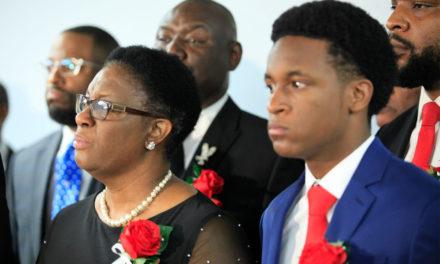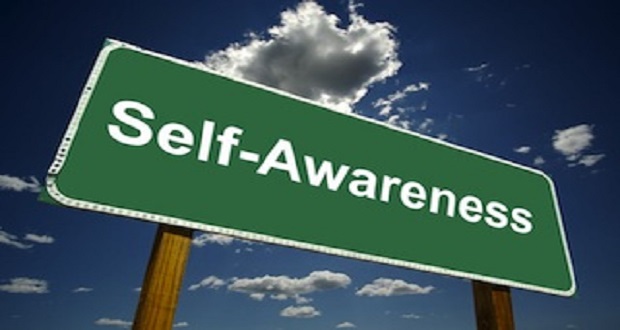
On Tuesday I facilitated a round robin dialogue (three different groups of about 20 each who rotated among 6 sessions) called The Aftermath of the Election: What Does It Mean For D&I Work? The dialogues were offered as a part of the Washington DC launch of the Global Diversity and Inclusion Benchmarks. The gathering attracted over 100 diversity and inclusion practitioners and supporters. I asked three questions of the participants:
- What is one word that describes how you are feeling?
- What have you learned?
- What can you/we do moving forward?
Many indicated that their emotions are still “raw” and shared words like despondent, terrified, depressed, disappointed, hopeful, fine, and motivated. Some of the lessons that they said they learned as a result of the election results included:
- I realized how I judgmental I am.
- As a nation, I thought we were further along on the journey to inclusion.
- Diversity & Inclusion work is even more important than ever.
- I have to work harder in understanding the “other”, even when their opinions are contrary to my own.
- Just because my top priority is inclusion, that is not so for at least half of the country.
- There is a great deal of misinformation out there.
- We don’t take the time or perhaps we don’t have the desire to seek a more comprehensive understanding of the issues.
- Our attempts at understanding each other are futile when we are polarized. We are not really listening for understanding. We are listening to defend our own opinions.
- I have to take action. I cannot be complacent.
What Can You/We do Moving Forward?
Many agreed that we must continue to be advocates for inclusion by sharing the benefits. There is a strong case for inclusion in the workplace as it leads to greater engagement, productivity and innovation. There is empirical evidence for the positive bottom line outcomes of an inclusive work environment. For community and society at large there are obvious benefits as well such as less polarization, more unity and a world that advances and supports all people.
Participants committed to being more active in correcting factual errors through social media outlets, their roles as diversity practitioners and as concerned citizens. Several said that they would actively join protests for equity and inclusion, but not protests organized against something. We have to show our solidarity for the ideals that we believe in and are passionate about.
Here are some other specific actions that we can each take:
- Share your feelings with elected officials
- Contribute to positive posts on social media
- Practice more civility
- Listen and learn more
- Be the change you seek


















